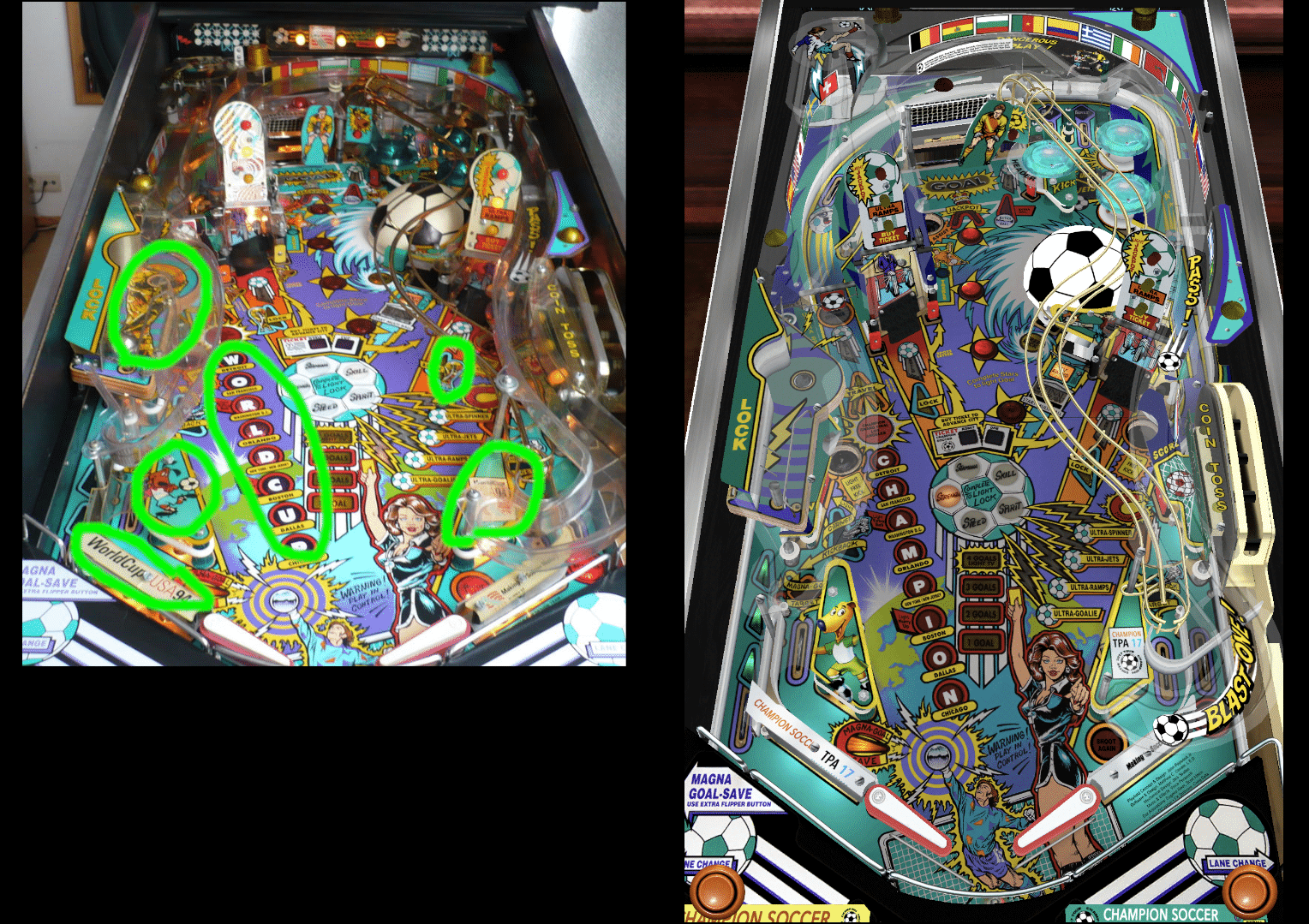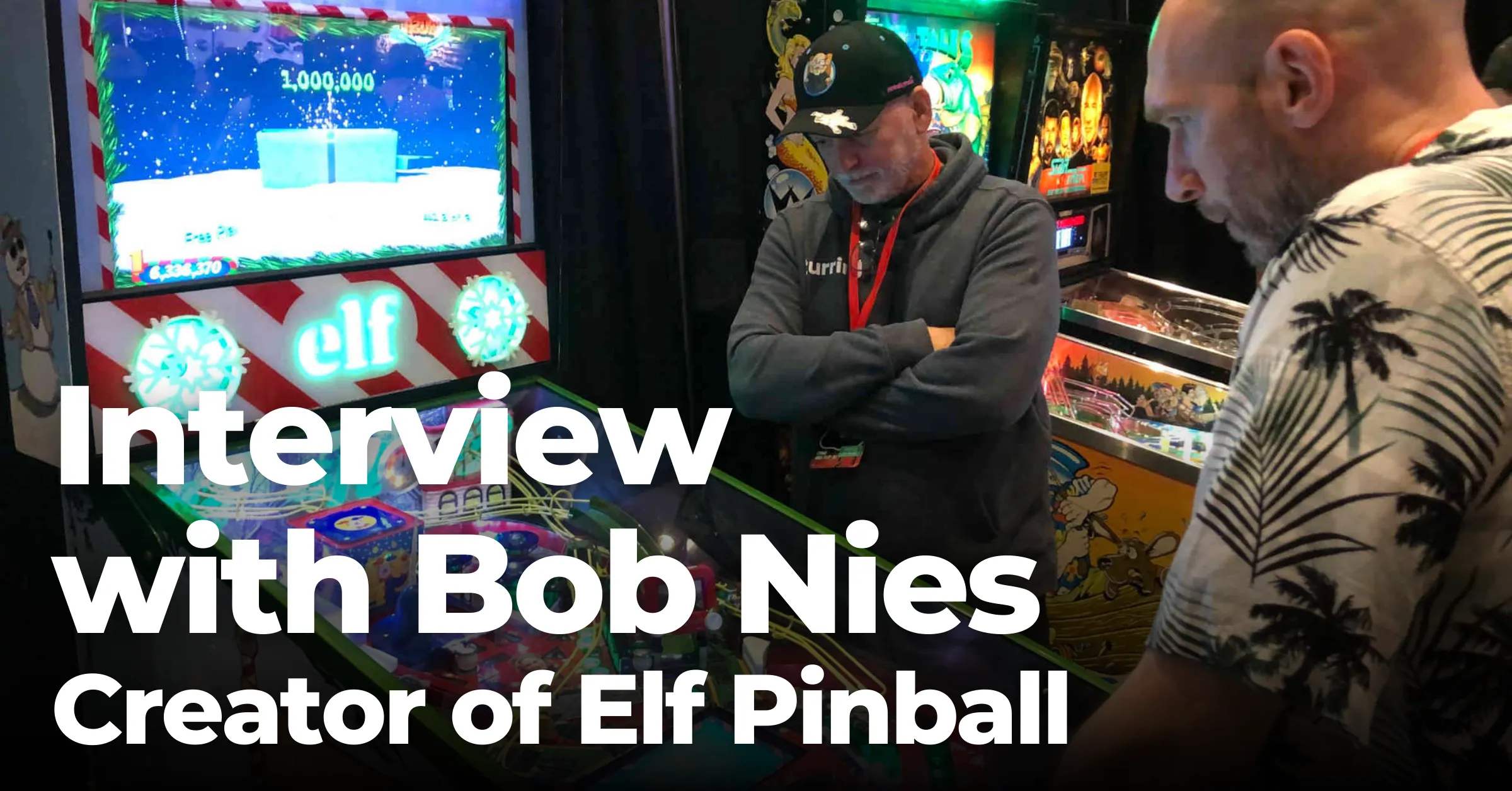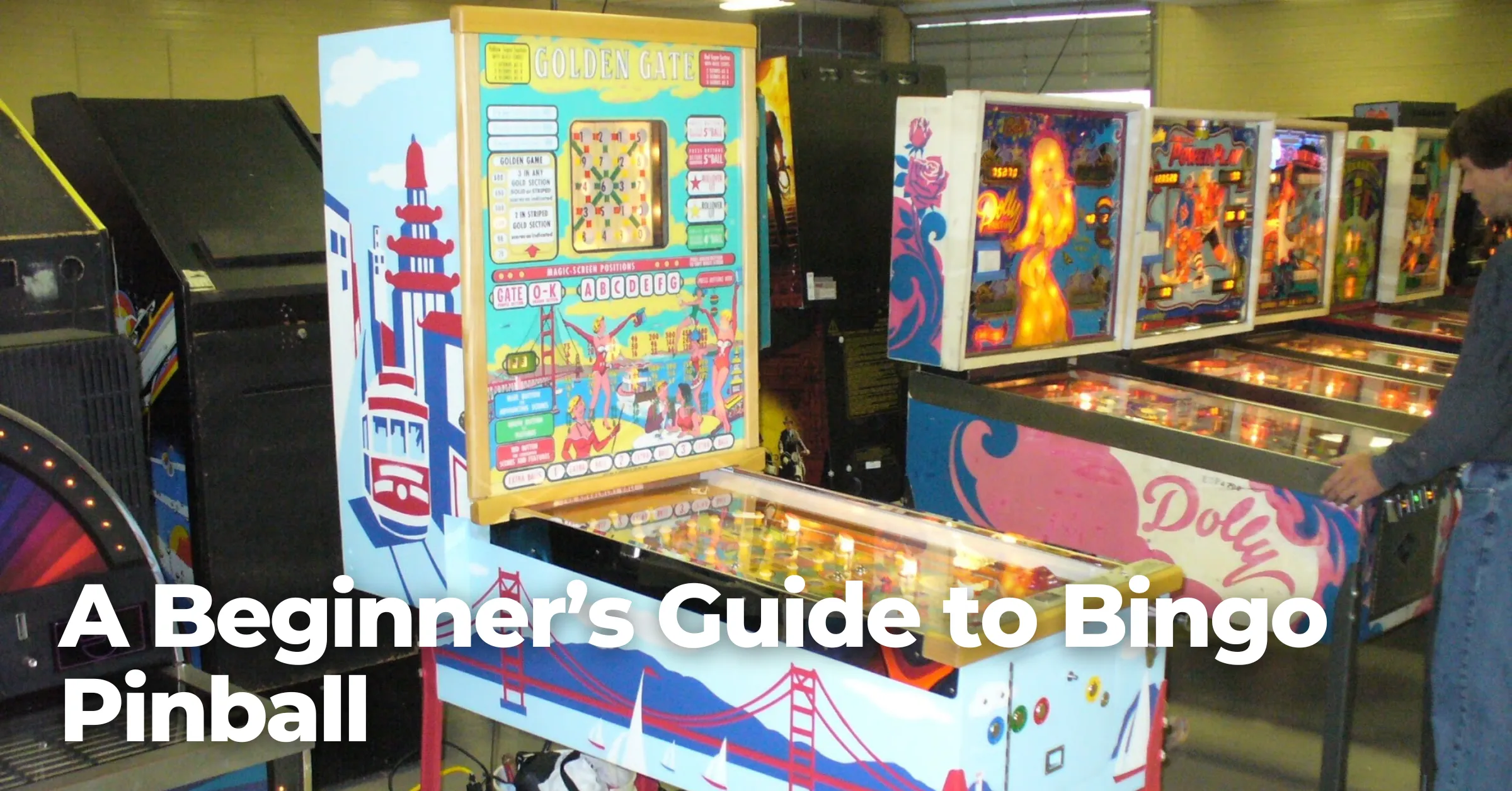Licensing and Censorship Study: Last Week in (Digital) Pinball

Image Gallery
LAST WEEK IN (DIGITAL) PINBALL
Brought to you by:

Check out the BlahCade Pinball Podcast on social media below!
Note: this is a guest article, TWIP has not independently verified all the information below.
Arcade 1Up Pinball Delays
A cargo ship from China hit some very rough seas and lost or damaged more than 1900 containers. Unfortunately, this was the ship bringing over much anticipated cabinets for Arcade 1Up. The ship was diverted to Japan to assess damage and secure cargo anew. As such, it’s not actually known what extent of 1Up’s shipment was actually lost just yet. New delivery dates in February have shown up on GameStop’s website.
AtGames To Include Zaccaria Pinball
You might have seen it mentioned within the buyer’s guide, but it deserves to be spotlighted again. AtGames announced they are licensing Zaccaria Pinball from Magic Pixel to be available on all their Legends platforms. This will add over 105 possible tables to be purchased in addition to the 22 Gottlieb tables already announced. Like those, the Zaccaria tables will run natively on the cabinet rather than being streamed. Backbox integration, plunger, accelerometer, and haptic feedback will all be utilized on the Legends Pinball cabinet. Pricing has not been made available at this time, and the tables are reportedly going to be available sometime in Q2 of 2021.
Understanding Digital Pinball Choices: Licensing and Censorship
It’s come to my attention that a great deal of you are very curious about digital pinball in general, but might not understand why certain things are the way they are. Whether it be licensing, censorship, how tables are packaged together and more, I thought maybe I could clear up a few things.
Perhaps the biggest thing to address is the licenses that exist on pinball tables and why not all of those things make it into the digital translation. There are a few different types of licensing to consider. The most obvious is when the table is themed off an existing license, like The Addams Family (TAF) or AC/DC. Permission and a fee needs to be paid to the holder of that license. In the case of TAF, actors need to be compensated for use of their likeness, as well as use of their voice work done for the table. In the case of AC/DC music rights have to be worked out, and music licensing is notoriously expensive.
But wait, there’s more. When FarSight added The Addams Family to Pinball Arcade, they had to alter the image of Fester because they didn’t pay for Christopher Lloyd’s rights. Never mind why not (it’s complicated), but by altering the art slightly in key ways, they were able to get around this.

Think of it this way…that isn’t Alec Baldwin’s image on the backglass of The Shadow like you’ve thought all these years, but a look alike. So this isn’t unique only to digital pinball makers, as you can see.

When FarSight made No Fear, they eliminated a lot of the minor sponsors scattered about the table (like Valvoline) and removed famous names from the DMD and vocal callouts. These are things you probably didn’t think twice about when playing No Fear in the arcade, but would have cost FarSight significant amounts of money to include, so not really worth it to them.

Where they really took things to the extreme was with World Cup Soccer ‘94, as FIFA is no joke with licensing. The game title was changed to World Champion Soccer, the mascot and his coloring were all changed as was any reference to the World Cup. It was that or not recreate the table at all.

All this is sorta moot, as you can’t buy any of these titles within Pinball Arcade anymore. FarSight lost the Williams license to Zen and can no longer sell them. We forget that licenses do expire, as the physical machines exist all these years later. Stern only has a limited time with which to sell their machines, at which point they either let the license lapse or they renew it. If you think putting out a ‘Vault’ edition machine that features comic book art instead is just to offer a new look, think again. It’s to save money on licensing. Batman ‘66 is way less expensive a license along with video clips than The Dark Knight and all licensing it required by a long shot.
With Zen, they have only published 2 licensed WMS tables, Creature from the Black Lagoon and Monster Bash. They were able to clear all licensing with MB, but Creature has some subtle and not so subtle differences. The first is that 4 of the 5 license holders for the songs within the game were not able to be reached but not for lack of trying. That means rather than the song changing with each ball, you get the same tune over and over. Within the playfield art, there’s clearly a ‘57 Chevy, the tail of a Cadillac, and the Flying V of Chevrolet featured. Zen altered all three of those in a way that skirts needing a license while retaining the flavor of the original art. Again, in the heat of play you probably never even notice these things, but when looking at a still of the two it becomes obvious.

Another factor digital pinball studios have to contend with is maintaining the licensing rights. I already mentioned how FarSight lost the WMS license to Zen, but they also lost the rights to Stern’s AC/DC. Remember those music rights I mentioned? Worth paying for when you know you are going to get that initial surge of buyers upon table release. Much harder to justify 2 years down the line when people buying the pack it is contained in are but a trickle.
When Zen switched over from FX2 to FX3 as they marched in the transition from PS3 to PS4 and Xbox 360 to Xbox One, they lost the licenses for Plants Vs Zombies, South Park, Super League Football, and Ms Splosion Man. All licensing agreements had to be reupped for new consoles, and some of those licenses like South Park were not available (UbiSoft got it exclusively for their 2 games), PvZ was now owned by a different company, and Super League was too expensive for that aforementioned trickle of buyers now. These are concerns Stern and JJP simply don’t face, as their tables can exist on secondary markets long after the license to sell them is gone. None of the above titles were based on real machines either, they were solely Zen’s creation.
If you’ve ever played Zen’s Jurassic Park tables or Jaws, you’ll notice the iconic music is missing. This is another area I frequently am asked about, especially when all the Star Wars tables feature John Williams’ score front and center. Zen paid for the score from episodes IV-VI knowing they were going to make at least 9 Star Wars tables. To date they’ve made 19, so the licensing cost of that music has been spread very far. The cost of licensing the music to Jaws? It would double the cost of what you pay now for the table, and there aren’t going to be 8 other Jaws tables to offset the cost with. I personally wish there was an option to pay extra for the music as it’s just not Jaws without it, but the average player probably wouldn’t.
The last area people question comes down to censorship of tables. Both Zen and Magic Pixel (Zaccaria Pinball) have had to change up the art on some of their table recreations to meet the ESRB rating their game was initially issued. This is only a factor on consoles by the way. So scantily clad women, blood, depictions of smoking, alcohol, those all get changed. If you are wondering why there isn’t an Elvira table yet in Zen, it’s because is Elvira really still the same without cleavage? The ROM sounds are also all set to ‘family mode’ if available. Zen did what they did preemptively as they have had a run in with the ESRB before that was rather costly. Magic Pixel had their game completely delisted until they addressed the problem, and then probably had to pay the resubmission costs, which often are in the tens of thousands of dollars range. Anyone new to pinball in general will never know the difference, so decisions to avoid costly fees were made.
The point of this is, licensing is not just a simple matter of waving some money around and being good to go. Licensors have to agree to your platform, that you won’t do anything to ruin the value of their license, and it all has to make economical sense to all parties. So next time you play a digital pinball table and start getting angry that it’s not a 1:1 replica of the real machine and the game studio was just being cheap, think again.










